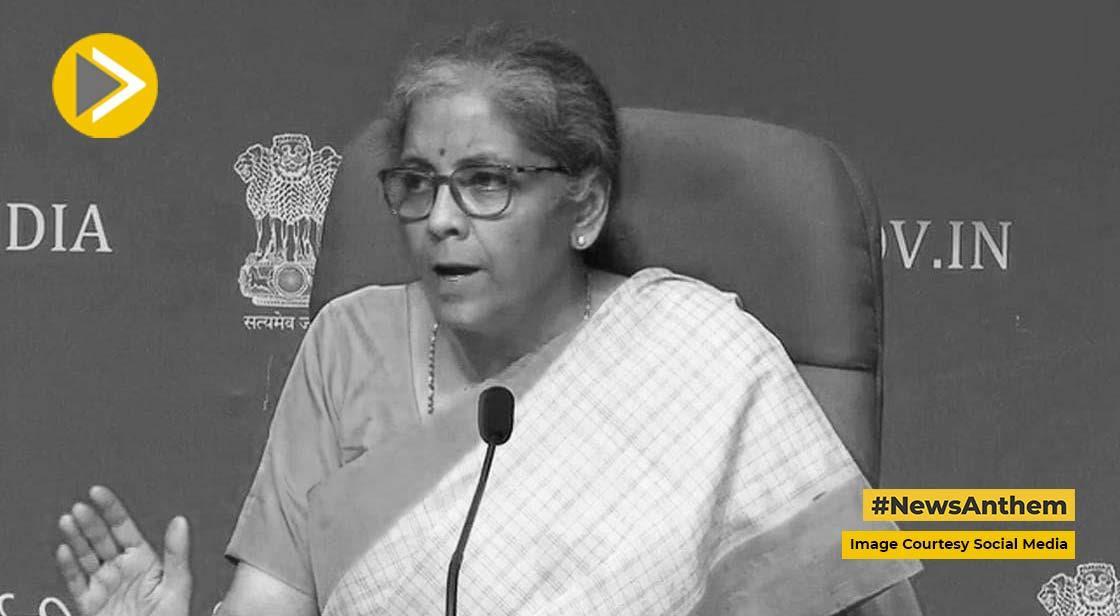Anticipated Measures in Upcoming Interim Budget: Tax Relief for Low-Income Slabs and Increased Capital Expenditure

News Synopsis
Union Finance Minister Nirmala Sitharaman has indicated that the forthcoming Interim Budget for 2024-25, scheduled for announcement on February 1, is unlikely to feature any "spectacular announcement." However, officials suggest that the budget may include small tax relief measures and an emphasis on boosting welfare spending.
Taxation Adjustments:
Tweaks in certain income tax rates, particularly for individuals at the lower end of the taxpayer spectrum, are anticipated. The possibility of raising the standard deduction and increasing the exemption limit could be explored to incentivize taxpayers to transition to the new income tax regime.
Efficiency in Revenue Collection:
Officials from the tax department are considering strategies to enhance revenue collection efficiency. This involves expanding transactions covered by Tax Deducted at Source (TDS) and implementing a 360-degree profiling of taxpayers, which has shown positive results in the initial phases over recent years.
Historical Precedents:
While interim budgets historically refrain from major changes, past instances have seen notable adjustments. These have included changes in standard deduction, thresholds for tax deducted at source, and initiatives benefiting farmers and workers in the unorganized sector.
Focus on Capital Expenditure:
The government is expected to continue its focus on capital expenditure, albeit at a potentially slower pace than in previous years. The emphasis on infrastructure development and welfare spending is likely to be maintained, with a focus on achieving these goals without substantial fiscal implications.
Mahatma Gandhi National Rural Employment Guarantee Scheme (MGNREGS):
A potential increased budgetary allocation for MGNREGS is foreseen, following a 49% reduction in the initial budget estimate for FY24. The government, considering it a demand-driven scheme, may allocate additional funds as needed, as seen in the first supplementary demands for grants in December 2023.
Budget Session and Lok Sabha Elections:
The Budget session of Parliament is scheduled between January 31 and February 9. Sitharaman will present the Interim Budget on February 1. Lok Sabha elections are expected around April-May, with the elected government likely to present the full Budget in July.
In summary, the Interim Budget is poised to address tax relief for low-income groups, potentially increase capital expenditure, and continue the government's focus on infrastructure and welfare spending.
A Look Back at Interim Budgets Past:
- No Big Surprises: Interim budgets, also known as vote-on-accounts, rarely feature major changes. Past examples include Piyush Goyal's 2019 budget with its standard deduction hike and P Chidambaram's 2014 budget with excise duty cuts for vehicles and mobile handsets.
- From Stimulus to Consolidation: Pranab Mukherjee's 2009-10 budget eased fiscal targets after a significant stimulus package in 2008. Earlier, Jaswant Singh's 2004-05 budget saw reforms in stamp duty, support for industries, and merging dearness allowance with salaries.
A Budget Season in Two Acts:
-
Limited Scope, Full Story Later: Parliament's Budget session runs from January 31st to February 9th, with the Interim Budget presented by Nirmala Sitharaman on February 1st. After Lok Sabha elections around April-May, the new government will present a full Budget in July.
You May Like









